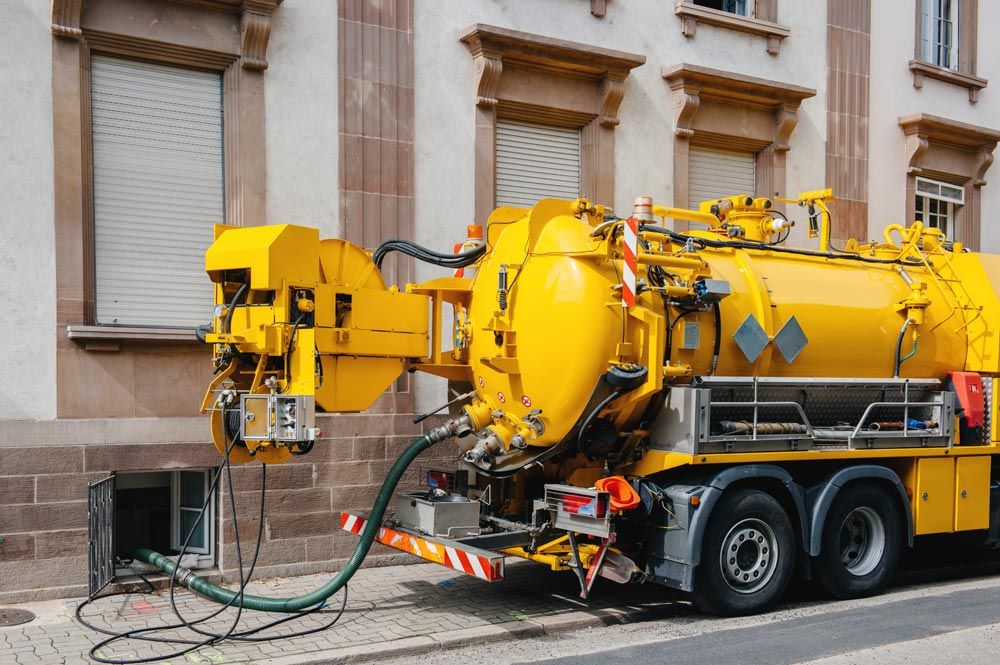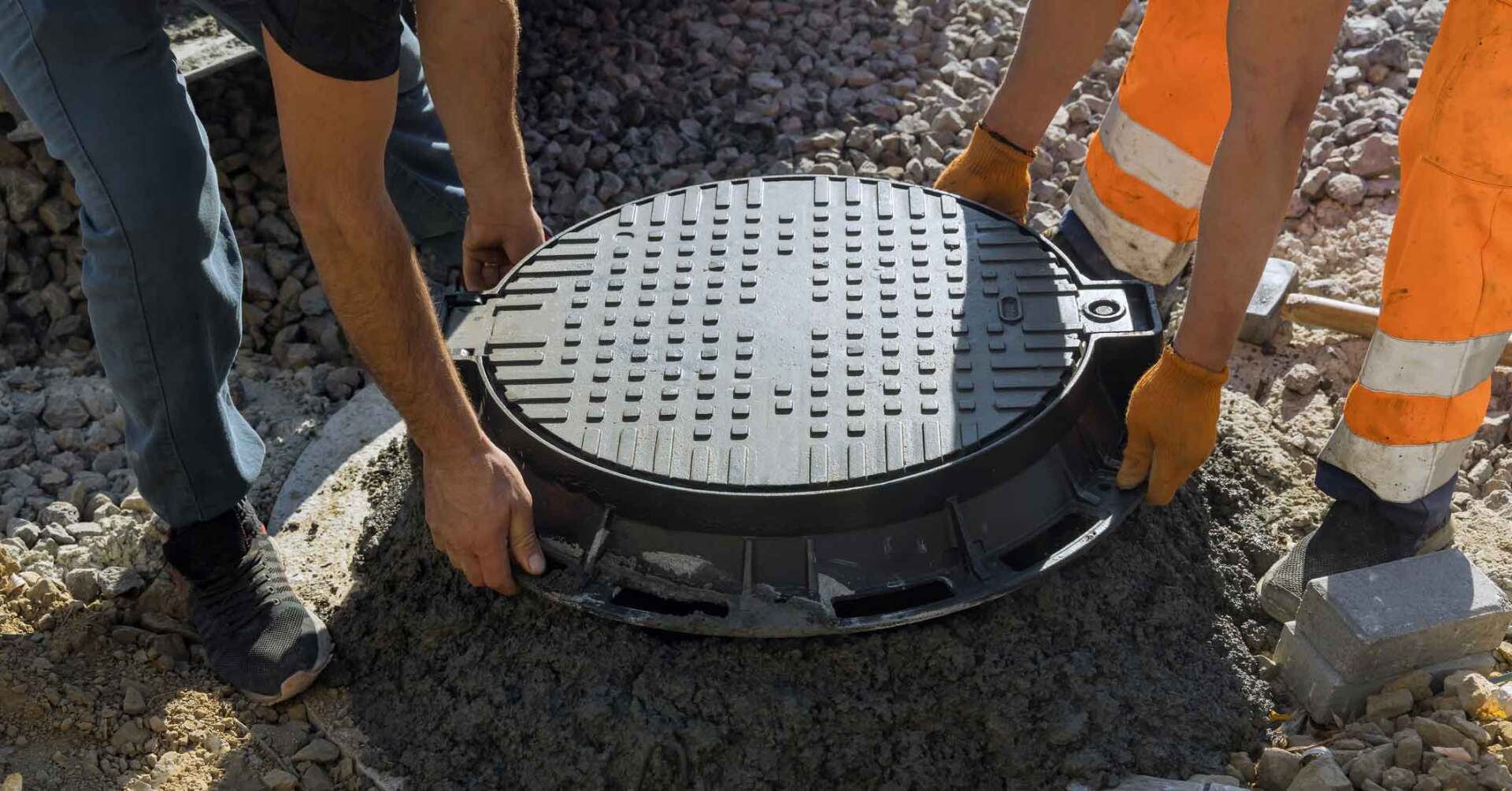4 Tips to Extend the Life of Your Septic System Drain Field
- By admin
- •
- 26 Oct, 2020
- •
If you just moved into a home that has a septic system, then you should learn all about septic tank care. However, you should also learn how to care for your septic system drain field, sometimes called its leach field, to prevent problems and extend its life. While the average drain field lasts about 20 years, one that is properly cared for can last up to 50 years or longer
Read on to learn four tips to extend the life of your drain field.
1. Have Your Septic Tank Pumped Regularly
It may come as no surprise that one important way to keep your drain field in good shape is to take proper care of your septic tank. You should have your septic tank pumped every 3 to 5 years to remove the sludge layer that builds up over time.
If you allow too much sludge to build up in your septic tank, the sludge can enter the outlet pipe that lies between your septic tank and drain field. This sludge can then clog your drain field pipes. If this occurs, the only option is to replace your drain field.
2. Keep Your Drain Field Covered with a Layer of Grass
Another way to extend the life and efficiency of your drain field is to cover it with a layer of dense grass. You can also plant small plants with very shallow root systems over it, such as flowers and ferns. A plant cover will reduce soil erosion and absorb excess moisture from the drain field soil.
However, you should avoid planting any plant over your drain field that has an extensive root system, such as some bushes and most trees. The root systems can penetrate deep into the field and damage your drain field pipes.
In fact, all trees in your yard should be planted away from your leach field. Many have extensive root systems that spread as far as their height at maturity. Also, trees planted too close to your leach field can shade the field and keep the sunlight it needs to aid in moisture evaporation from hitting it.
3. Keep Your Drain Field as Dry as Possible
Since your drain field must absorb the wastewater, or effluent, that flows out of your septic tank, you should limit all other water that the field absorbs. If your drain field becomes too saturated with water from other sources, it will begin to absorb effluent inefficiently. This can lead to water backing up into your septic tank and eventually into your home drains.
To help your drain field stay dry enough to absorb effluent efficiently, never water the grass or flowers you plant over this field. Also, be sure no home gutter spouts are directed at your drain field if it is located close to your house.
Also, be sure to limit household water usage as much as possible to avoid overwhelming your drain field with more septic tank effluent than necessary.
4. Never Place Heavy Objects on Your Drain Field
You must always remember exactly where your drain field perimeter lies and avoid placing anything heavy inside of this perimeter, even temporarily. Heavy objects placed on the drain field can lead to soil compaction and even drain field pipe breakage.
Do not park automobiles or any type of heavy equipment on the drain field. Also, do not drive an automobile or heavy equipment over the field, since this is risky as well. In addition, don't build a shed or other outdoor storage area over the drain field; even if the building materials seem relatively lightweight, the total weight of the building filled with the items you eventually store could be enough to break a drain field pipe.
If you have any more questions about proper drain field care or need septic system services now, contact the septic system experts at The Nibbler Company.




